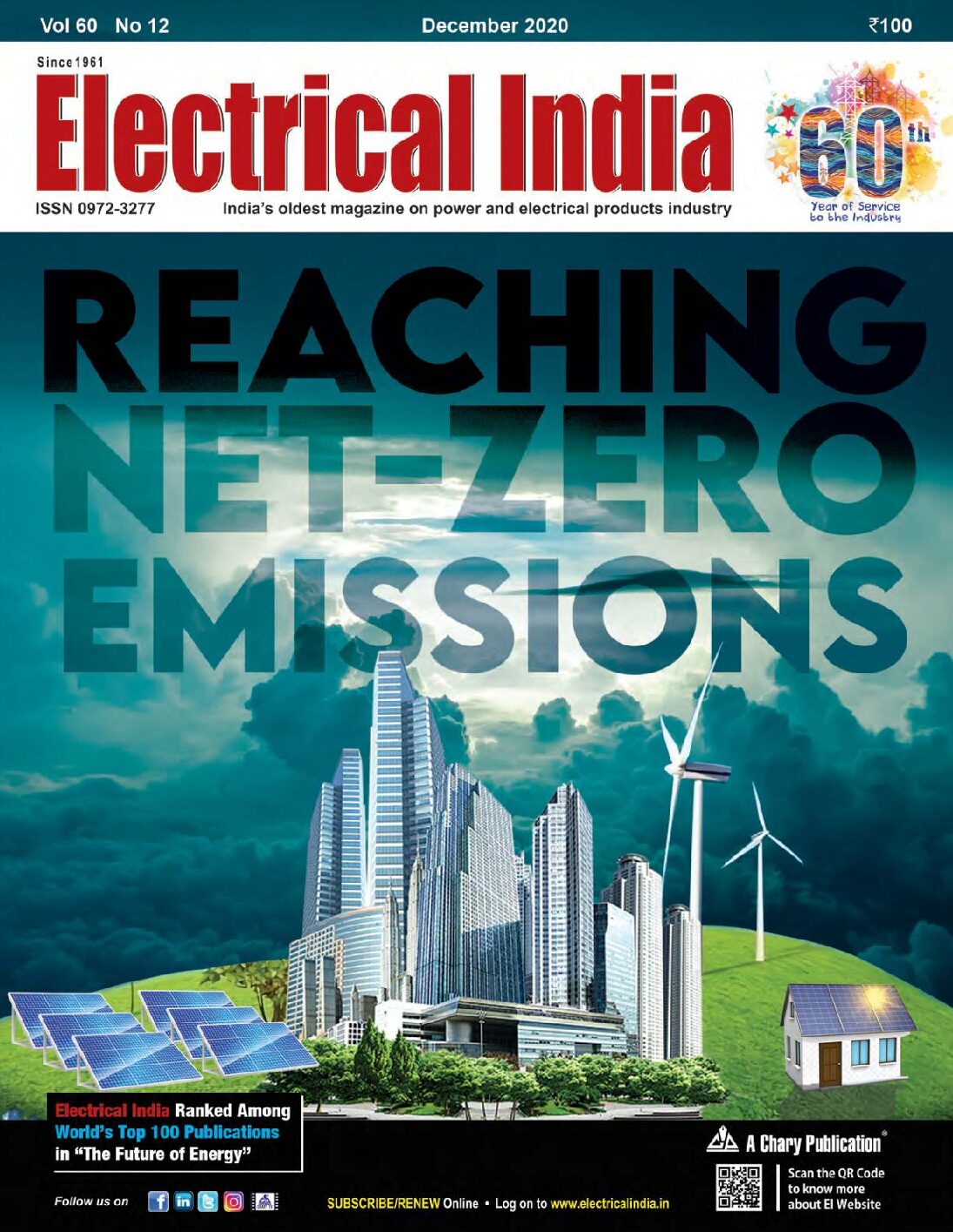
In a speech to the U.S. Energy Association’s (USEA) 2020 Advanced Energy and Technology Forum, EPRI’s president addressed the Low-Carbon Resources Initiative (LCRI), a collaborative effort across the electric and gas sectors to help drive emissions to zero or near zero by 2050 by advancing existing and emerging low-carbon technologies.
Arshad Mansoor, President, Electric Power Research Institute (EPRI) said: “The electricity sector is the trailblazer on the road to decarbonization. Right now, 20% of the energy used in the U.S. is electricity. By 2040, more than 40% of the economy could be electrified. But we need more than electrification to decarbonize the energy system. We have the opportunity to produce other forms of low-carbon energy using clean electricity.”
Mansoor added: “We know how to produce clean electricity, and we can produce clean energy from clean electrons. Now we’re embarking on this moonshot, our Low-Carbon Resources Initiative.”
Economy-wide decarbonization will require a holistic view across electric and gas grids to deliver resilient, integrated systems providing clean, affordable, and reliable energy across the U.S. and around the world. Through the LCRI, EPRI and Gas Technology Institute (GTI) is already collaborating with more than 20 companies worldwide to advance research, development, and deployment of low-carbon technologies, including nuclear energy and renewables. Such efforts would benefit the public through cleaner energy that supports reduced air pollution, healthier quality of life, and environmental protection.
Mansoor said: “This level of industry engagement is just the start. We expect to work with more than 100 companies through the initiative, and to leverage its $100 million funding target many times over through public and private collaboration.”
Mansoor added: “The industry initiative is designed to bring together the U.S. Department of Energy, national labs, universities and startup companies to uncover emerging, low-carbon technologies and enable their application at scale in the energy industry through coordinated research and development.”














